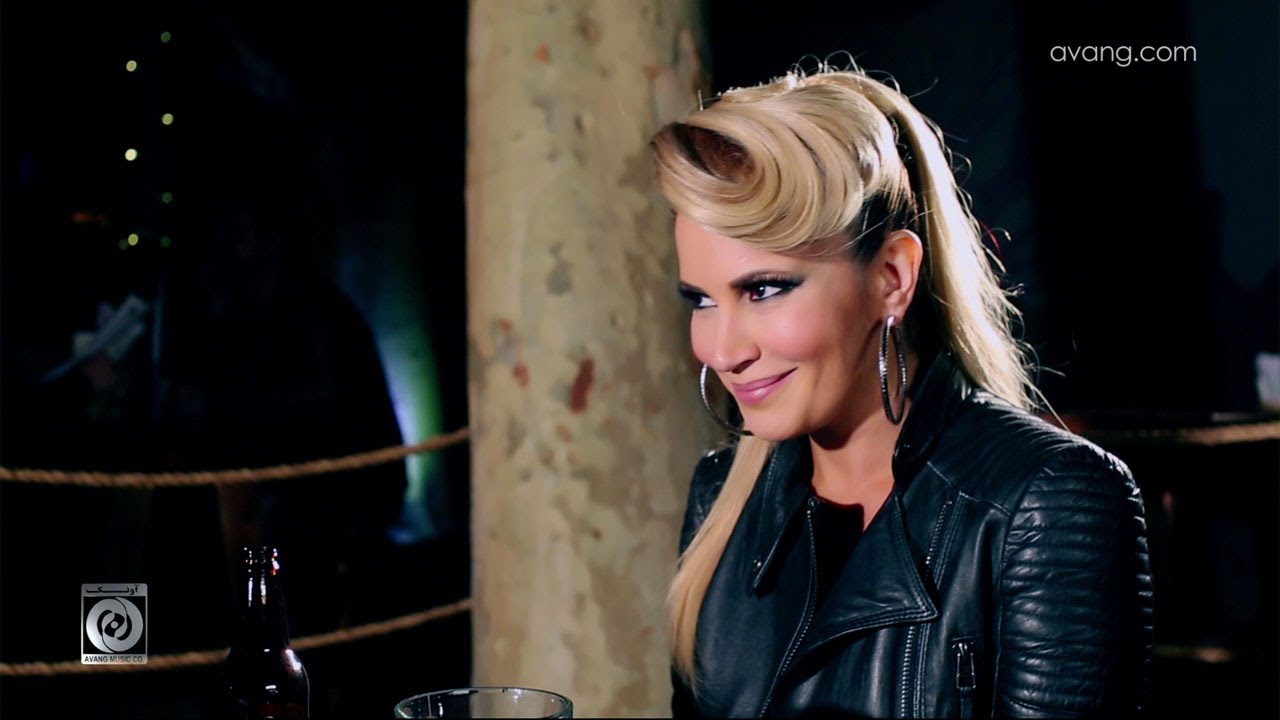
Introduction
Sepideh Afshar known professionally as Sepideh is a/an Iran Singer.
Social Media
| Sepideh Afshar Instagram Official Account | @sepidehmusic | Click Here | ||
| Sepideh Afshar on Spotify | Click Here | |||
| Sepideh Afshar Threads Official Account | @sepidehmusic | Click Here | ||
| Sepideh Official YouTube Channel | @sepidehmusic | Click Here | ||
Personal Information
Physical Attributes
Location Information
Page Information
Sepideh Afshar: The Complete Profile
Sepideh Afshar (Persian: سپیده افشار) is an Iranian singer known for her powerful vocals and modern interpretations of Persian classical and pop music. Born on September 22, 1981, in Tehran, she has become one of the most prominent female vocalists in contemporary Iranian music.
Early Life and Background
Sepideh Afshar was born and raised in Tehran, Iran. From a young age, she showed exceptional talent in music and began formal training in Persian classical music (Radif) under renowned masters.
Musical Education
Afshar's musical education includes:
- Studied Persian classical music with master Mohammad Reza Lotfi
- Trained in vocal techniques with prominent Iranian vocal coaches
- Learned to play traditional Persian instruments including the setar
- Studied music theory and composition
Personal Information
Full Name: Sepideh Afshar
Born: September 22, 1981
Birthplace: Tehran, Iran
Height: 5'6" (168 cm)
Career Highlights
Debut Album: "Eshgh-e Man" (2005)
Breakthrough: "To Keh Nisti" (2008)
Total Albums: 6 studio albums
Known For: Powerful vocals, modern Persian pop
Musical Style
🎵 Persian pop
🎶 Classical fusion
🎤 Romantic ballads
🎼 Traditional interpretations
Career Timeline
Released debut album "Eshgh-e Man" (My Love)
Breakthrough success with album "To Keh Nisti" (Since You're Not Here)
Released critically acclaimed album "Gheseye Eshgh" (Love Story)
Performed at prestigious venues across Europe and North America
Released album "Shabhaye Tehran" (Tehran Nights)
Collaborated with other prominent Iranian artists on special projects
Announced work on new album featuring contemporary Persian sounds
Music Career
Albums
Debut album featuring traditional Persian influences with modern arrangements
Breakthrough album that established her signature vocal style
Mature work showcasing her vocal range and emotional depth
Contemporary Persian pop with urban influences
Popular Songs
- 🎵 "To Keh Nisti"
- 🎵 "Eshgh-e Man"
- 🎵 "Gheseye Eshgh"
- 🎵 "Shabhaye Tehran"
- 🎵 "Bazam Mishe"
- 🎵 "Gharibe Ashegh"
- 🎵 "Delam Barat Tang Shode"
- 🎵 "Ye Rooz Miresi"
Musical Style
Sepideh Afshar's music blends:
- Traditional Persian elements: Maqam systems, classical poetry
- Contemporary pop: Modern arrangements and production
- Emotional delivery: Powerful, heartfelt vocal performances
- Diverse themes: Love, social issues, Persian identity
Vocal Characteristics
Afshar is known for:
- Exceptional vocal range and control
- Ability to perform challenging Persian classical pieces
- Emotional intensity in her delivery
- Clear diction and pronunciation of Persian poetry
- Versatility across different Persian musical styles
Cultural Impact
Female Representation
As one of the few prominent female solo singers in Iranian pop music, Afshar has paved the way for other female artists in the industry.
Modernizing Persian Music
Her work has helped bridge traditional Persian music with contemporary pop, making classical forms accessible to younger audiences.
International Recognition
Afshar has performed for Iranian diaspora communities worldwide, helping keep Persian musical traditions alive abroad.
Quotes
"Music is the language of my soul. When I sing, I try to convey the deepest emotions of Persian poetry."
"As an Iranian artist, I feel responsible for preserving our musical heritage while making it relevant for today's audiences."
"The voice is the most personal instrument - it carries your identity, your culture, and your emotions."
Recent Activities
- Working on new material blending traditional Persian music with contemporary sounds
- Collaborating with other Iranian musicians on special projects
- Performing at select international venues for Iranian audiences
- Mentoring young Iranian vocalists



